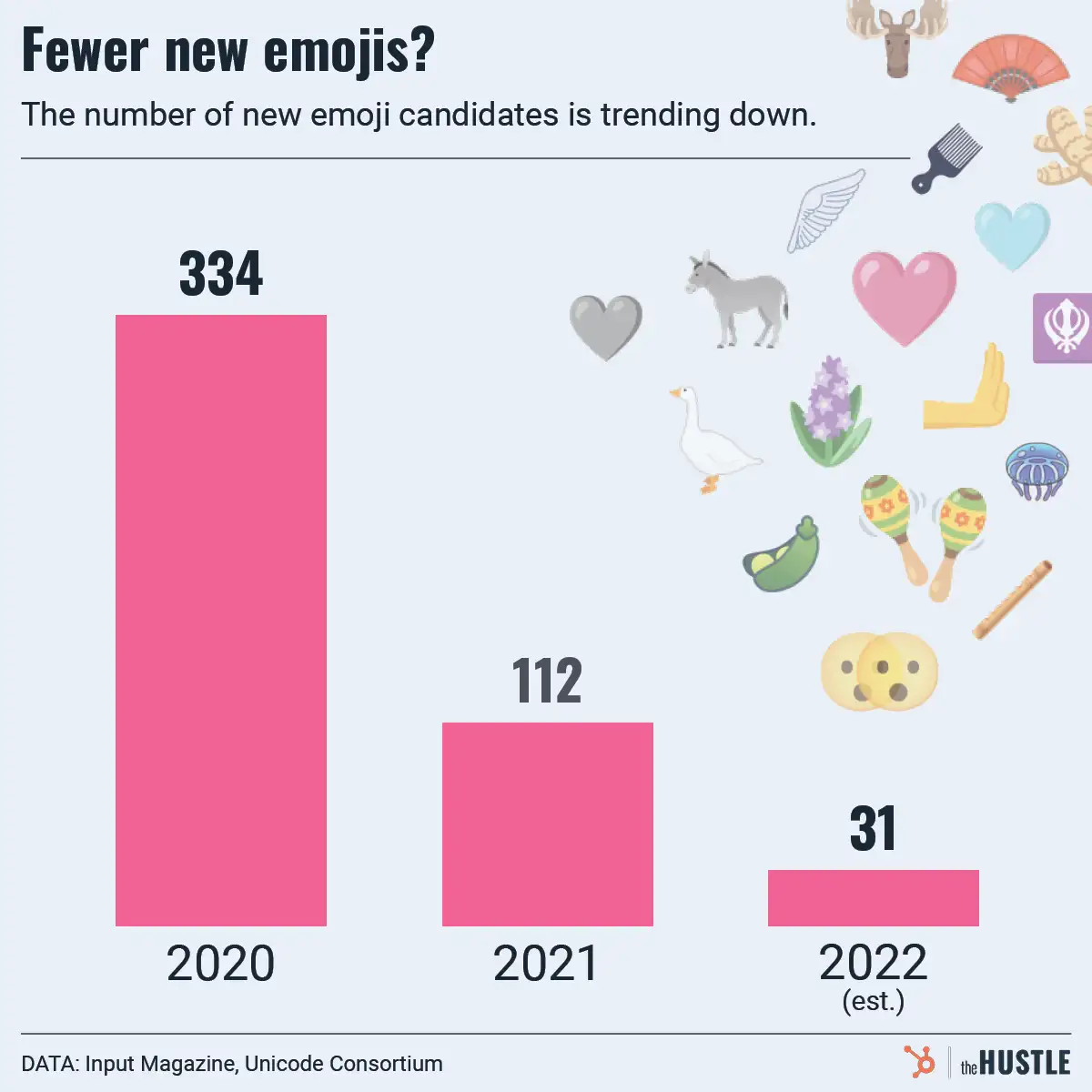Business magnates love quoting Sun Tzu, the Chinese military philosopher.

With news that SaaS pioneer Salesforce is looking to acquire Slack, Tzu’s adage, “the enemy of my enemy is my friend” comes to mind.
In this case, the common enemy is Microsoft.
Slack’s shares spiked ~38% on the news
According to the Wall Street Journal, Slack’s workplace competitors have grown much faster during the pandemic:
- Teams (Microsoft’s workplace collaboration software) has seen daily active users grow from 32m (March) to 115m (November).
- Zoom has exploded from 10m daily active participants pre-COVID to 300m.
- Slack had 12m daily active users at the end of 2019 and no longer reports the number.
The video opportunity has passed and Microsoft is aggressively bundling Teams into its other enterprise offerings like Office (to the point that Slack filed an antitrust suit in Europe).
Salesforce wants in on the workplace
The core of Salesforce’s business is right in its stock ticker, $CRM: customer relationship management. Marc Benioff — who founded the company in 1999 — has built a $225B software beast in this niche.
Benioff has been eyeing workplace collaboration for more than a decade. Per the WSJ, his company:
- 2010: Launched Chatter, an internal corporate social network
- 2016: Acquired cloud collaboration app Quip
- 2016: Tried to acquire Linkedin, but lost out to Microsoft
Meanwhile, Microsoft is creeping into the CRM space with its Dynamics product. And although Salesforce has much greater market share (~20% to ~3%), the threat is all too real.
Benioff loves doing deals
And he’s been making it rain in recent years:
- In 2018 he dropped $5B for the cloud application platform Mulesoft.
- In 2019 he plunked down $15B in an all-stock deal for the data platform Tableau.
With Salesforce up 50% since late February, Benioff possesses a valuable currency known in the industry as “funny money” (AKA a high stock price).
He’s ready to spend and has his target: Slack, currently valued at $23B.
All roads lead us to this Sun Tzu quote: “Invincibility lies in the defense; the possibility of victory in the attack.”
Saas










